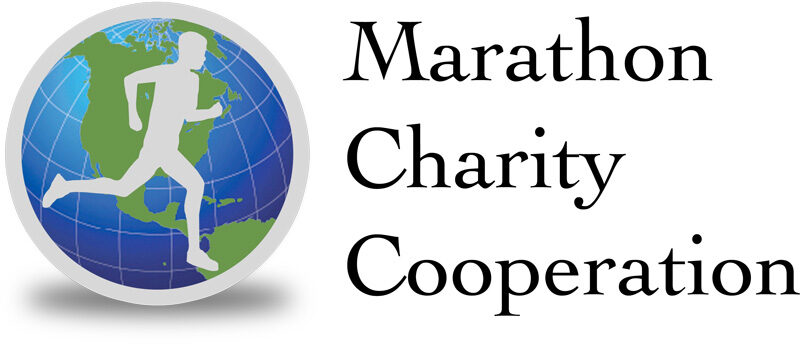Balance Carbohydrates for Better Performance
By Sharon Richter, R.D.
Can’t figure out why you have no energy to make it through your workouts? Let’s start with the basics: You’ve had a good night’s sleep. You’re well hydrated. Your power songs are on your iPod. And you even avoided the bread basket and took the bun off your veggie burger last night.
Great on the first three, but that last one might be the culprit. Carbohydrates are not the devil that some recent diet trends might have made you think they are—especially not when you work out. Women often don’t know how many carbs per day they need. The answer: About 50 to 60 percent of the calories you eat in a day should come from carbs.
What are carbohydrates?
Carbohydrates are one of the three macronutrients in food, and you need them for energy and fuel. The others are protein (for muscle, hair, skin, organ, and tissue repair, as well as immunity) and fat (for organ cushioning, vitamin absorption, and growth). When you exercise, you need something to start your engine and keep it going, and that something comes in the form of carbs. Here’s the truth about these much maligned nutrients, and how many you really need:
What happens when you eat a carb?
When you eat carbohydrates, they get broken down into sugars (glucose, fructose and galactose) and are either quickly used for energy or are stored as glycogen in your liver and muscles for use later.
How fast they get broken down depends on the type of carb you eat. Simple carbohydrates quickly get broken down into your bloodstream and give you a supercharge of energy, but leave you at a low later on. Classic examples: Fruit juice, white bread, white rice, cereals with little fiber, bagels and candy.
Complex carbohydrates contain less sugar and also have fiber, so they’re broken down at a slower rate. These carbohydrates include fruits, vegetables, and whole grains. These are the ones that also help keep your cholesterol levels and weight under control.
So which do you need before exercise?
Most of the time—meaning 99 percent of the time—you want to fuel your body with whole grain, high fiber (3 grams or more) complex carbohydrates. It’s like making a fire out of wood rather than newspaper.
But before and during exercise, if your workout lasts 60 to 90 minutes, the rules change. This is when you want to get your energy levels up so you have some ready fuel for your body to burn. That’s when a serving—but just a serving!—of simple carbs comes in handy. Try an English muffin with jelly, a glass of juice, or a bowl of cereal.
During exercise, you want your body to focus on working your muscles, not breaking down foods with lots of fiber. So contrary to what you want to do the rest of the time, at this point, you should feed your body simple sugars that are quickly absorbed and will give you bursts of energy. Just as you wouldn’t start your car without gas in the engine, you shouldn’t work out on empty when it comes to carbs.
What about after a workout?
You don’t eat after exercise? So you just tore your muscles, depleted your store of energy and you are leaving it on empty? Not such a wise decision. The repair and re-growth of tissue relies not just on protein but also on replacing lost glycogen (broken-down carbohydrates) and fluids. Restore your body’s energy with complex carbs—meaning fruit, grains, or vegetables paired with protein for muscle repair and growth. Good choices: yogurt and fruit, an apple and peanut butter, or a glass of skim chocolate milk.
The bottom line on how many carbs per day you need is that you don’t need more than the average person if you exercise—and you certainly shouldn’t be eating fewer. You just need to eat them wisely. That means having a serving of simple carbs before exercise and making sure that you replenish the carbs afterward, too.
Eat right and perform better. Find a nutrition plan for you.
This article originally appeared on Shape.com.
